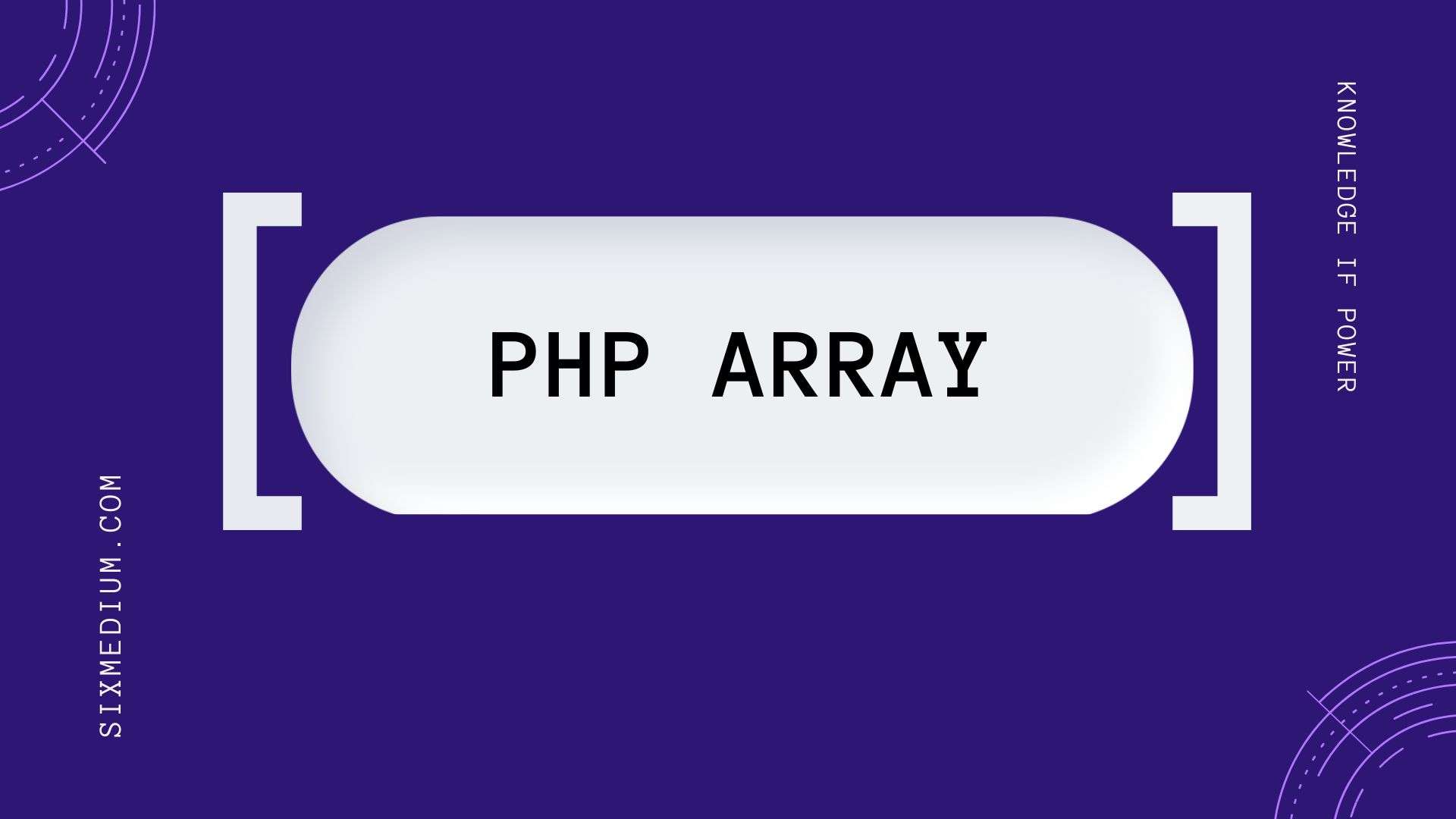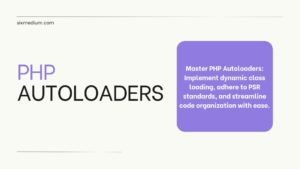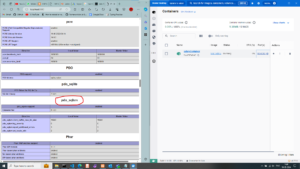Introduction:
PHP arrays serve as fundamental data structures in PHP programming, offering versatile ways to store and manipulate data. While many developers are familiar with basic array usage, mastering advanced techniques can significantly enhance coding efficiency and effectiveness. In this comprehensive guide, we’ll explore lesser-known tips, tricks, and error solutions related to PHP arrays, empowering you to become a proficient PHP developer.
Unknown Tips and Tricks:
- Multi-dimensional Arrays for Complex Data Structures:
- Multi-dimensional arrays allow you to represent hierarchical data structures, such as tables or organizational charts, in a concise manner.
- Utilize multi-dimensional arrays to simplify data organization and manipulation, especially in scenarios involving complex relationships.
- Array Functions Beyond Basics:
- Discover powerful array functions like
array_column(),array_key_first(), andarray_intersect_assoc()to streamline array manipulation tasks. - Learn how these functions can simplify common array operations and improve code readability.
- Discover powerful array functions like
- Exploring Array Iteration Techniques:
- Dive into advanced iteration methods such as
array_walk(),array_filter(), andarray_map()to efficiently process array elements. - Harness the power of these functions to perform complex data transformations with ease.
- Dive into advanced iteration methods such as
- Performance Optimization with Array Functions:
- Optimize code performance by leveraging built-in array functions instead of traditional loop structures.
- Choose the most suitable array function for your specific requirements to achieve optimal execution speed and resource utilization.
- Combining Arrays with
array_merge()andarray_merge_recursive():- Learn how to merge arrays effectively using
array_merge()andarray_merge_recursive()functions. - Understand the differences between these functions and when to use each based on your specific merging requirements.
- Learn how to merge arrays effectively using
- Immutable Arrays with
const:- Explore the concept of immutable arrays by declaring them as constants using the
constkeyword. - Discover how immutable arrays can enhance code readability and maintainability by preventing accidental modifications.
- Explore the concept of immutable arrays by declaring them as constants using the
- Custom Sorting with
usort():- Master the art of custom sorting with the
usort()function, allowing you to define custom comparison logic for array elements. - Utilize
usort()to sort arrays based on complex criteria, such as object properties or nested data structures.
- Master the art of custom sorting with the
Common PHP Array Errors and Solutions:
- Undefined Index Notices:
- Understand the causes of undefined index notices and implement proper error handling techniques using
isset()orarray_key_exists(). - Prevent runtime errors and ensure robust code behavior by addressing undefined index notices effectively.
- Understand the causes of undefined index notices and implement proper error handling techniques using
- Array to String Conversion Errors:
- Resolve array to string conversion errors by employing functions like
implode(),json_encode(), orserialize()to transform arrays into string representations. - Safely handle array conversions to prevent unexpected runtime errors and ensure consistent data processing.
- Resolve array to string conversion errors by employing functions like
- Memory Exhaustion with Large Arrays:
- Mitigate memory exhaustion risks associated with large arrays by adopting memory-efficient data processing strategies.
- Implement techniques such as pagination, chunking, or data streaming to optimize memory usage and enhance application scalability.
- Duplicate Array Keys:
- Address issues related to duplicate keys in arrays and their impact on array operations and iteration.
- Implement strategies for detecting and resolving duplicate keys, ensuring data integrity and consistent array behavior.
- Serialization and Unserialization Errors:
- Identify common pitfalls when serializing and unserializing arrays, such as data loss or compatibility issues with nested structures.
- Apply best practices for safely serializing and unserializing arrays, minimizing the risk of data corruption and loss.
- Out-of-Memory Errors:
- Mitigate out-of-memory errors caused by large arrays or inefficient memory usage during array manipulation operations.
- Optimize memory usage by adopting memory-efficient processing techniques and leveraging PHP’s built-in memory management capabilities.
Conclusion:
In conclusion, exploring unknown tips and tricks, as well as addressing common errors and solutions related to PHP arrays, is crucial for mastering PHP array manipulation and building robust web applications. By delving into advanced array techniques and error-handling strategies, you can enhance your PHP programming skills and overcome challenges with confidence. Continuously strive to expand your knowledge and stay updated with the latest developments in PHP array manipulation to excel in your development endeavors. Happy coding!



